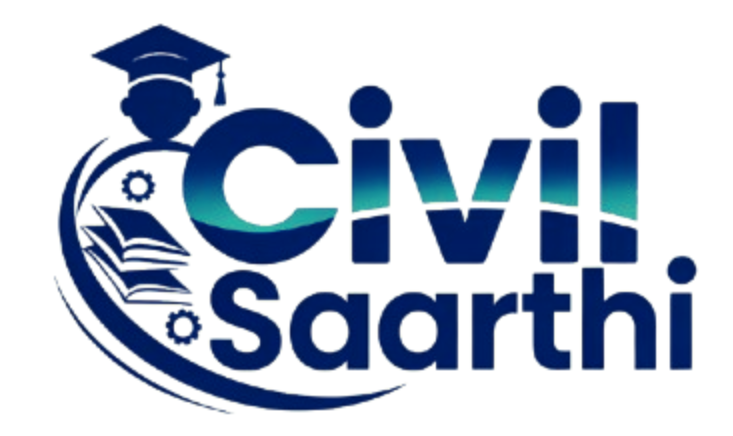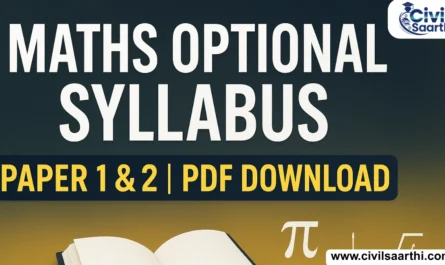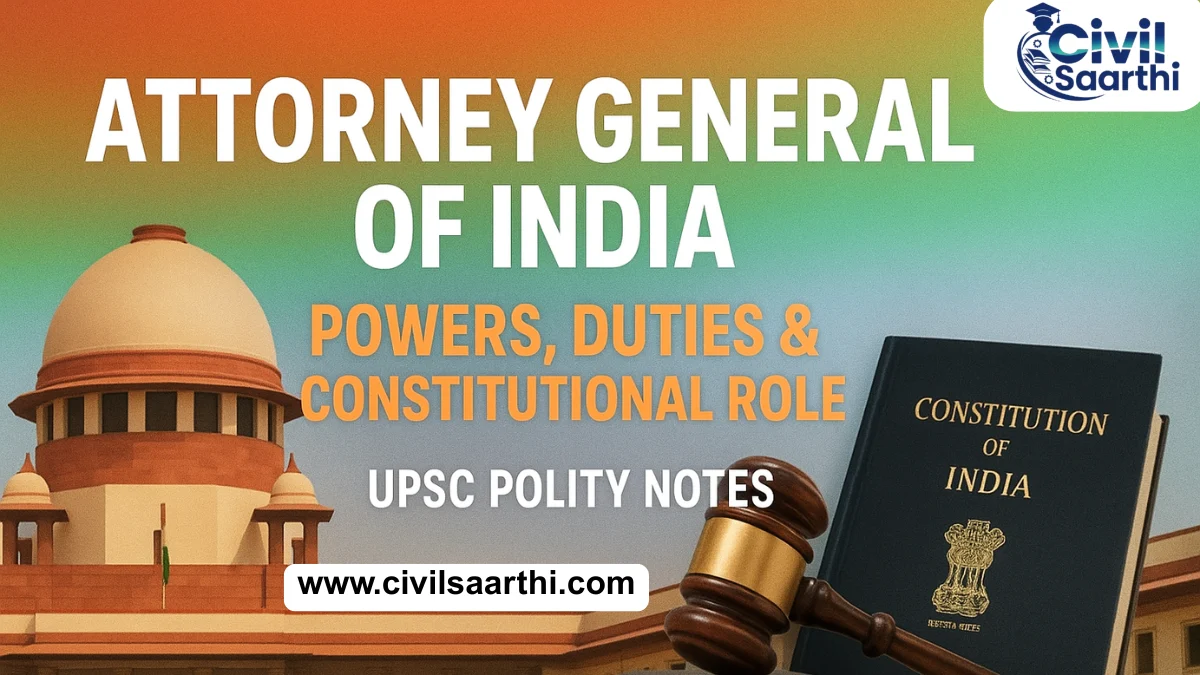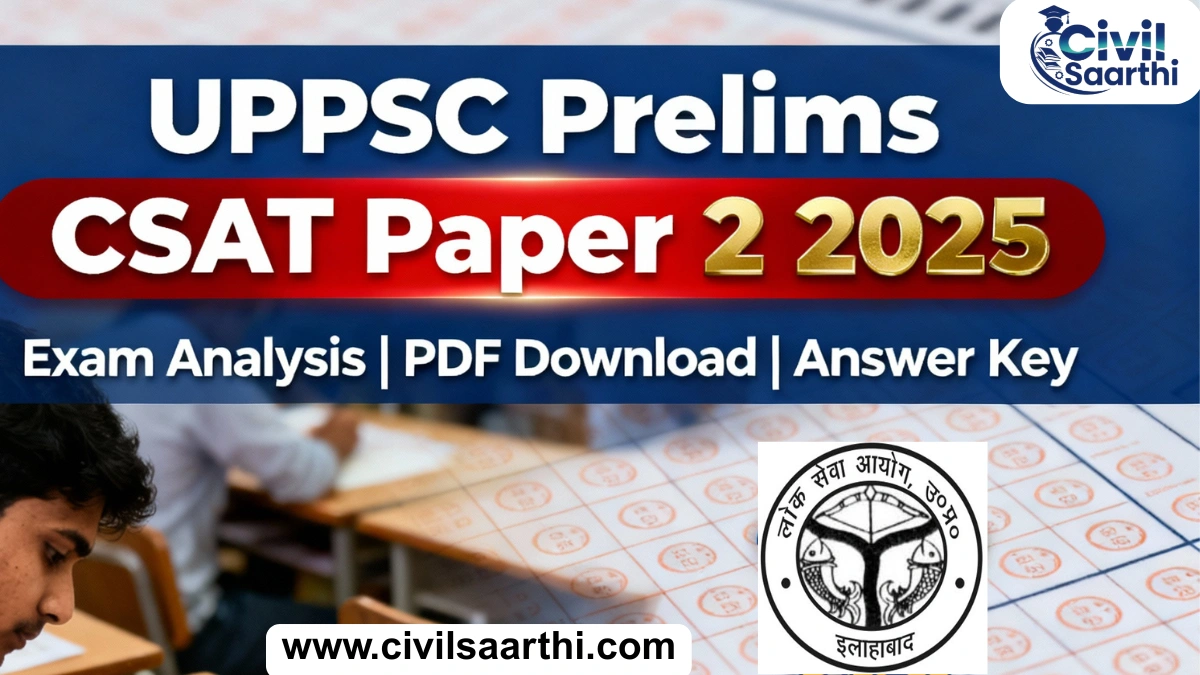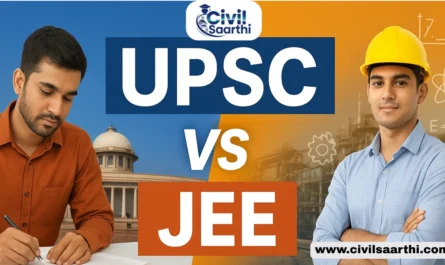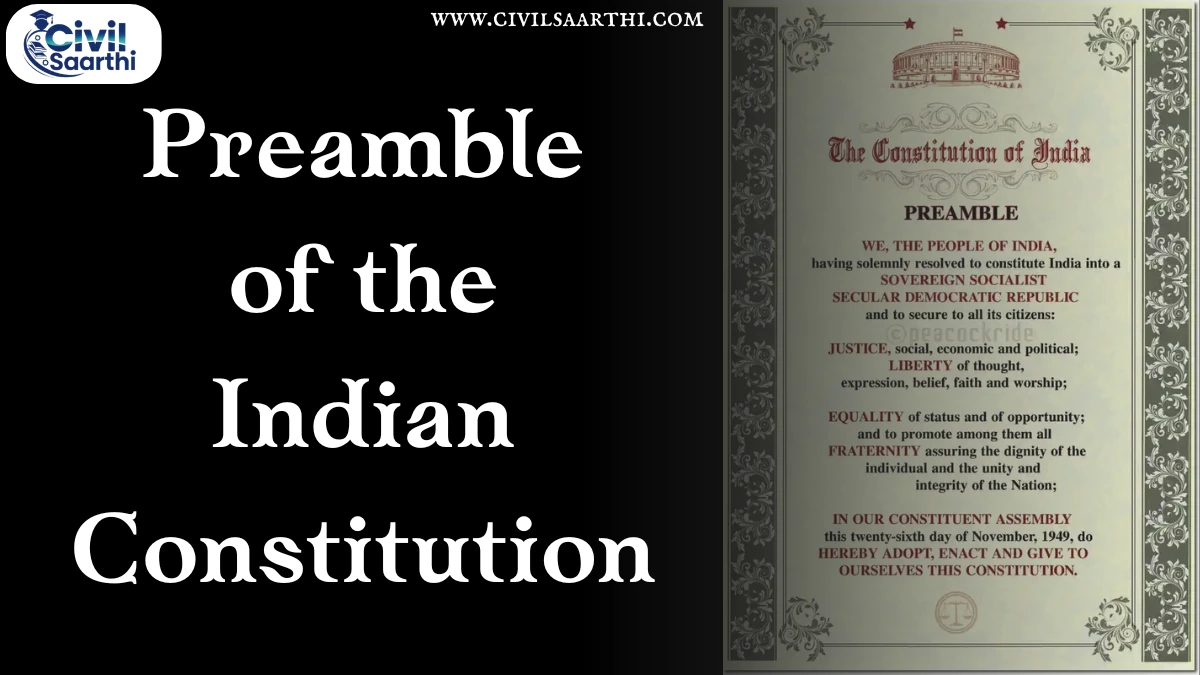How to Prepare Effectively for UPSC Exam 2026 is the most asked question by aspirants aiming for success in the most prestigious exam of India. With the increasing competition and syllabus depth, a refined and personalized strategy is essential. This article explains everything you need to know, including subject-wise strategy, tips, booklist, timetable, YouTube channels, and preparation after 12th, all while using the keyword How to Prepare Effectively for UPSC Exam 2026 in every segment.
How to Prepare Effectively for UPSC Exam 2026?
The UPSC Civil Services Exam tests knowledge, analytical ability, and personality. How to Prepare Effectively for UPSC Exam 2026 involves understanding the syllabus, selecting the right resources, managing time efficiently, and following a discipline-driven plan.
How to Prepare Effectively for UPSC Exam 2026 | |
| Component | Details |
| Exam Phases | Prelims (Objective), Mains (Written), Interview (Personality Test) |
| Eligibility | Graduate in any stream |
| Recommended Start Time | 1 year before Prelims (June 2025 for UPSC 2026) |
| Study Hours | 6–8 hours/day (consistently) |
| Optional Subject Importance | ~500 marks in Mains (very crucial) |
How to Prepare Effectively for UPSC Exam 2026: Overview
Before diving deep into How to Prepare Effectively for UPSC Exam 2026, it is vital to understand the nature of the exam and why a strategic approach is required. The exam evaluates not just memorization but also conceptual understanding, clarity, and the ability to present ideas effectively.
How to Prepare Effectively for UPSC Exam 2026: Overview: | |
| Section | Key Features |
| Prelims | Objective, qualifying, includes CSAT and GS Paper 1 |
| Mains | Nine subjective papers including Essay, GS I-IV, Optional |
| Interview | Tests personality, awareness, and decision-making skills |
Tips to Prepare For UPSC 2026 Effectively
To understand How to Prepare Effectively for UPSC Exam 2026, you must first adopt a mindset focused on discipline, clarity, and strategy. The following tips form the core of a successful preparation plan.
- Read the UPSC syllabus and previous year papers thoroughly
- Make a study timetable and stick to it strictly
- Focus on NCERTs first, then move to advanced books
- Join test series early and revise regularly
- Stay updated with current affairs through newspapers and monthly compilations
- Practice answer writing at least 3 times a week
Subject-Wise UPSC Preparation Strategy: How to Prepare Effectively for UPSC Exam 2026
Each subject requires a tailored approach. When planning How to Prepare Effectively for UPSC Exam 2026, breaking down subjects is necessary for clarity and coverage.
Subject-Wise UPSC Preparation Strategy | |
| Subject | Preparation Strategy |
| Polity |
|
| History |
|
| Geography |
|
| Economics |
|
| Environment |
|
| Science & Tech |
|
How to Prepare for UPSC Interview?
The Interview is often underestimated. But it contributes 275 marks and plays a key role in final selection. Here’s how to prepare.
How to Prepare for UPSC Interview? | |
| Element | Preparation Strategy |
| DAF-Based Questions | Revise your Detailed Application Form thoroughly |
| Current Affairs | Stay updated on major national and international topics |
| Mock Interviews | Attend 3–5 mocks from different institutes |
| Personality Development | Improve articulation and confidence |
How to Prepare for UPSC Exam 2026 at Home?
- Understand the Exam Structure Clearly: Know the three stages: Prelims (objective), Mains (written), and Interview (personality test). Read the syllabus thoroughly for each.
- Create a Realistic Study Plan: Divide your time across subjects and set weekly/monthly targets. Stick to a daily timetable and follow a disciplined routine.
- Start with NCERT Books (Class 6–12): Build your conceptual foundation using NCERTs for History, Geography, Polity, Economy, Science, and Environment.
- Read Standard UPSC Books: Use trusted sources like Laxmikanth for Polity, Spectrum for Modern History, Ramesh Singh for Economy, G.C. Leong for Geography, etc.
- Follow Current Affairs Daily: Read The Hindu/Indian Express, and follow a monthly magazine like Vision IAS/PT365. Make short notes for revision.
- Make Your Own Notes: Create crisp notes from books, newspapers, and online lectures. Organize them topic-wise as per UPSC syllabus.
- Practice Previous Year Papers (PYQs): Solve last 10 years’ Prelims & Mains papers to understand question trends and improve answer writing.
- Attempt Mock Tests Regularly: Enroll in online test series or use free ones to improve speed and accuracy, especially for Prelims MCQs.
- Focus on Answer Writing for Mains: Start daily answer writing practice. Join an online program or use toppers’ copies as reference.
- Stay Consistent and Motivated: UPSC is a long journey. Avoid burnout, stay healthy, and revise regularly. Stay connected to aspirant communities online.
UPSC Preparation Strategy After 12th
Starting your preparation early gives you an edge. Here’s a structured approach tailored for students who have completed Class 12.
1. Understand the UPSC Exam Structure
- UPSC Civil Services Examination has three stages:
- Preliminary Examination (Objective-type)
- Mains Examination (Descriptive)
- Personality Test (Interview)
- Carefully read and analyze the official UPSC syllabus and past year papers.
2. Choose the Right Graduation Subject
- Select a graduation course that aligns with UPSC subjects such as History, Political Science, Geography, Sociology, or Public Administration.
- This allows better management of college and UPSC preparation together.
3. Build a Strong Foundation with NCERTs
- Start with NCERT textbooks from Class 6 to 12 for History, Geography, Polity, Economy, and Science.
- Create topic-wise handwritten notes for easy revision.
4. Develop a Habit of Reading Newspapers
- Read a reputed newspaper daily (The Hindu or Indian Express).
- Focus on editorials, national issues, international affairs, environment, economy, and government schemes.
- Maintain a current affairs notebook month-wise.
5. Refer to Standard UPSC Books
After NCERTs, begin with important Standard books:
- Indian Polity – M. Laxmikanth
- Modern History – Spectrum
- Geography – GC Leong and NCERTs
- Economy – Ramesh Singh
- Environment – Shankar IAS Book
- Science & Tech – NCERT + Current Affairs
6. Practice Writing Skills Early
- Start writing answers on GS topics and summaries of newspaper editorials.
- Practice essays on current and abstract topics to develop articulation and coherence.
- Refer to previous year UPSC Mains questions for practice.
7. Use Reliable Online Resources
Make use of freely available quality content from:
- Press Information Bureau (PIB)
- PRS Legislative Research
- Rajya Sabha TV (Programs like Big Picture)
- YouTube channels.
- Government platforms like myGov.in
8. Balance Graduation and UPSC Studies
- Prepare a fixed daily schedule. Use 2–3 hours per day for UPSC along with your college studies.
- Reserve weekends and holidays for revision, answer writing, and mock tests.
9. Begin Practicing PYQs and Mock Tests
- Solve previous years’ Prelims and Mains papers.
- Start with basic mock tests on static subjects and gradually move to full-length tests.
- Evaluate your performance regularly and make improvements.
10. Work on Personality Development
- Improve your communication skills, read books beyond the syllabus, participate in debates, write blogs or journals.
- These help in the Interview phase and in building overall confidence.
Suggested Year-wise Plan After 12th
A structured four-year plan helps aspirants gradually build a strong UPSC foundation by aligning graduation studies with NCERTs, standard books, current affairs, and answer writing.
Starting early allows ample time for concept clarity, mock practice, and strategic revision before the first serious attempt.
Suggested Year-wise Plan After 12th | |
| Year | Focus Areas |
| 1st Year (After Class 12) | Read NCERTs, build reading habits, explore graduation subjects |
| 2nd Year | Start standard books, follow current affairs, basic note-making |
| 3rd Year | Practice answer writing, choose optional subject, solve PYQs |
| Final Year | Intensive revision, mock tests, focus on Prelims and Mains preparation |
Best Books for UPSC Preparation 2025
Books are the foundation. Choosing the best is essential to know How to Prepare Effectively for UPSC Exam 2026.
Best Books for UPSC Preparation | |
| Subject | Book Name |
| Polity |
|
| History |
|
| Geography |
|
| Economy |
|
| Environment |
|
| CSAT |
|
Timetable for UPSC Preparation 2025
A fixed routine creates discipline. This sample timetable will help streamline your preparation for UPSC Exam 2026.
Timetable for UPSC Preparation 2025 | |
| Time Slot | Task |
| 6:00 AM – 7:00 AM | Current Affairs + Newspaper Reading |
| 7:00 AM – 9:00 AM | Static Subject 1 (e.g., Polity) |
| 10:00 AM – 12:00 PM | Static Subject 2 (e.g., Geography) |
| 2:00 PM – 3:00 PM | Optional Subject |
| 4:00 PM – 5:00 PM | Revision + Notes Making |
| 6:00 PM – 7:00 PM | MCQs Practice / CSAT |
| 9:00 PM – 10:00 PM | Answer Writing Practice |
How to Prepare Effectively for UPSC Exam 2026? FAQs
How early should I start preparation for UPSC 2026?
Start at least one year before Prelims. Ideally from June 2025.
Can I prepare for UPSC 2026 without coaching?
Yes, with discipline, standard books, test series, and online resources.
Is CSAT tough to crack in UPSC 2026?
Not if practiced regularly. Many aspirants fail due to neglecting CSAT.
Which newspaper is best for UPSC 2026 preparation?
The Hindu or The Indian Express are considered the most suitable.
How to choose an Optional Subject for UPSC 2026?
Choose based on interest, syllabus length, and overlap with GS papers.
